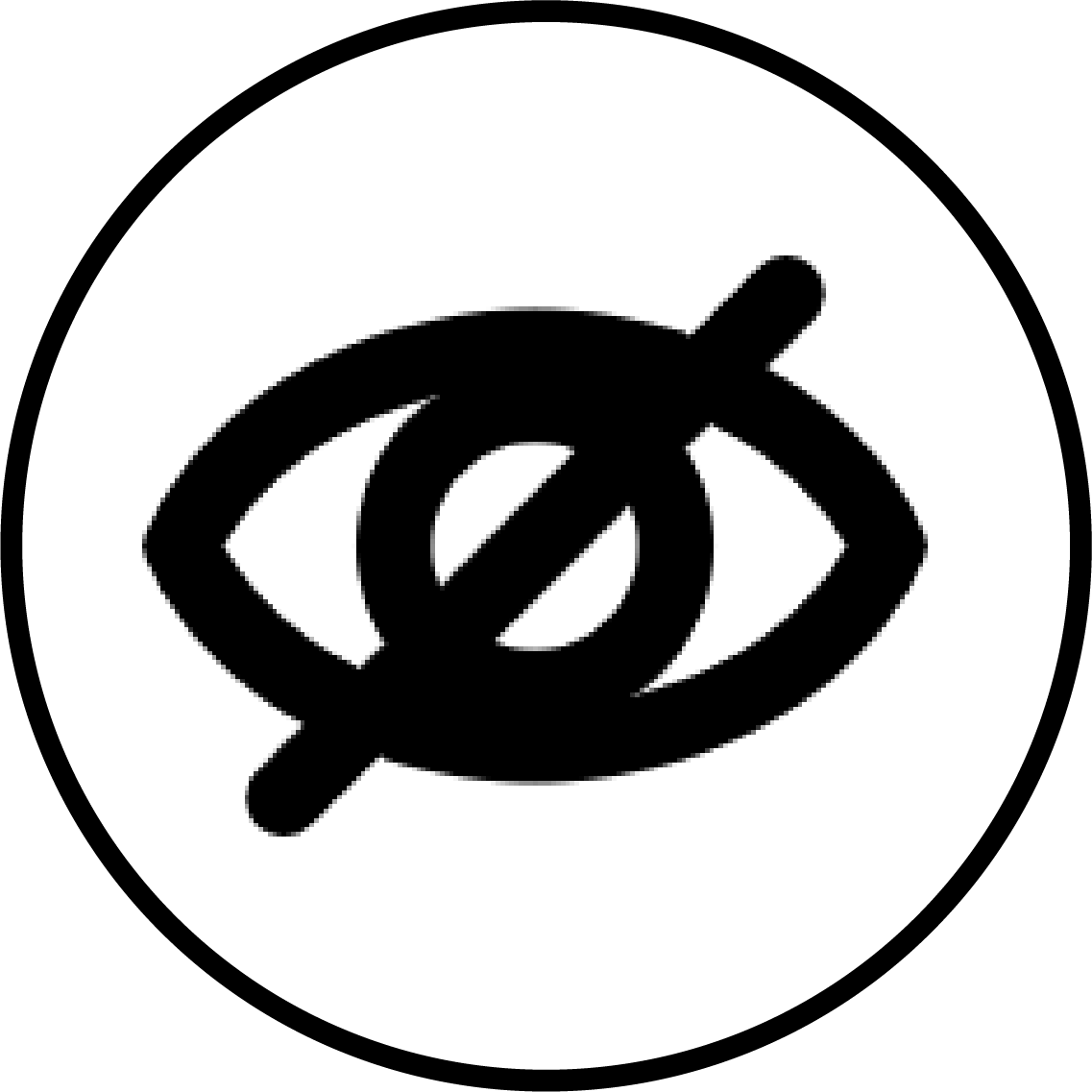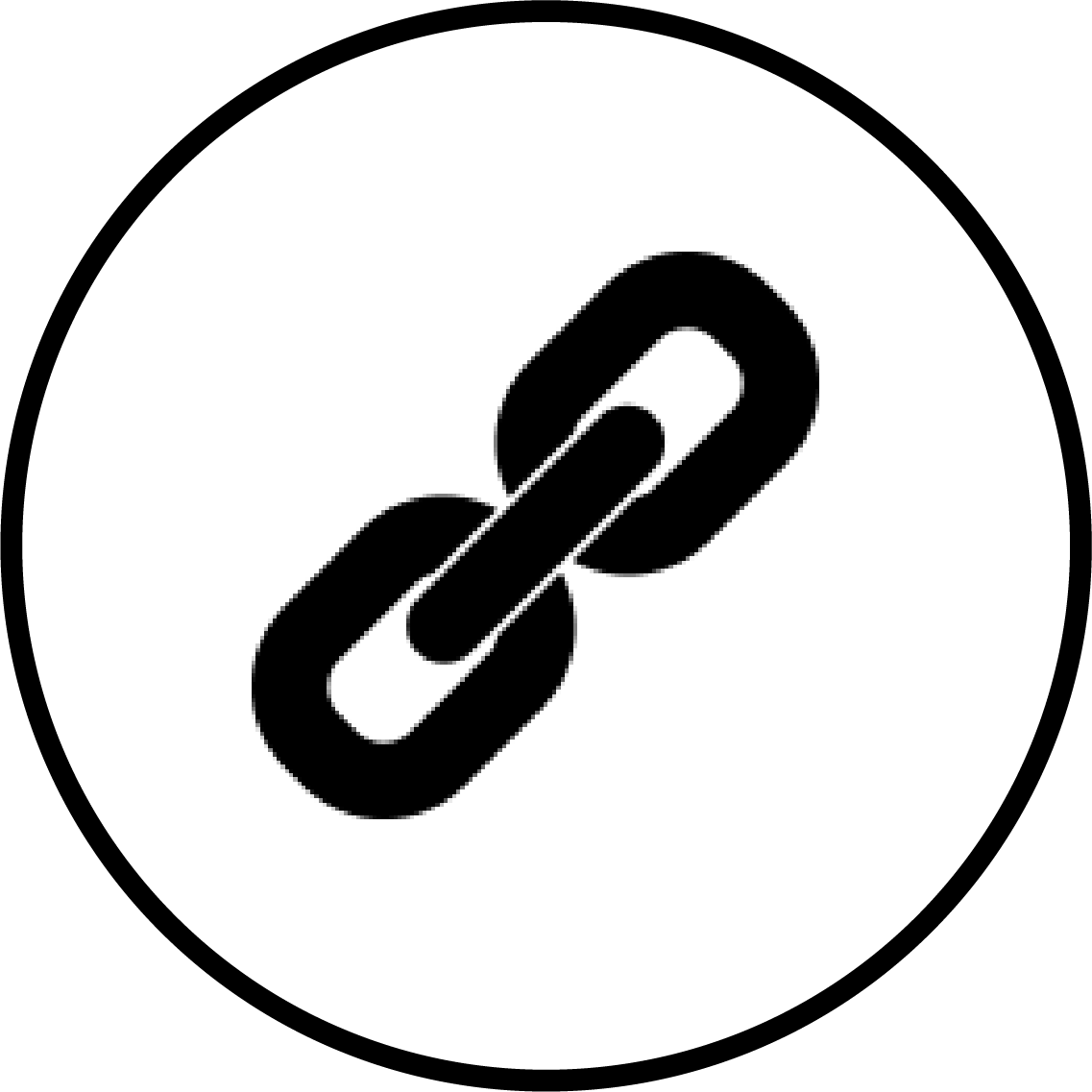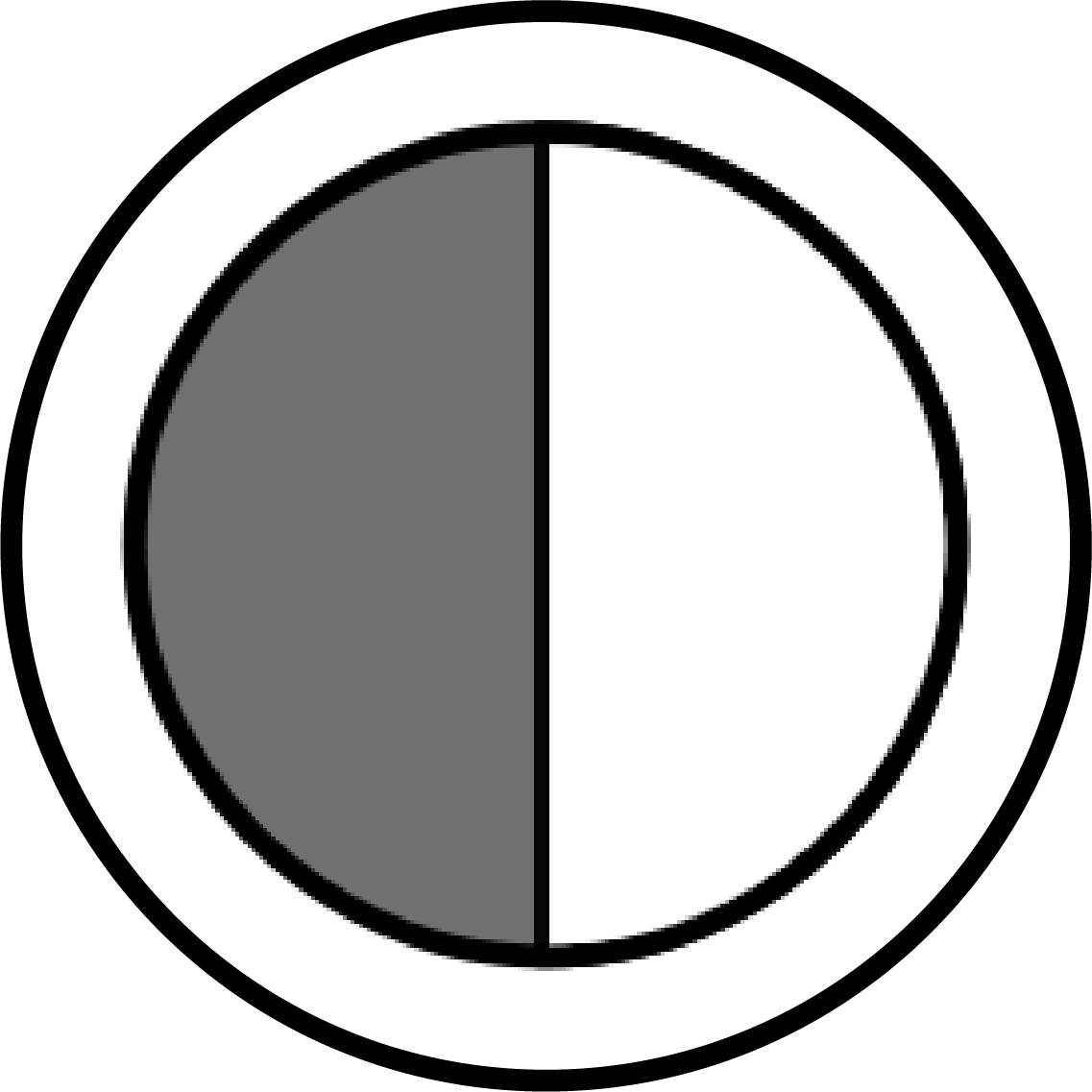
The Israeli Knesset voted 57-48 on Monday evening in favor of the new internationally-criticized “NGO Bill.” The new measure requires organisations which receive more than half of their funding from foreign governments to identify themselves as such on all publications and upon entering the Knesset. The law will impact only 27 NGOs in Israel, 25 of which are human rights groups with ties to the political left.
The debate lasted until late Monday night, with opposition members expressing deep concern that the bill seeks to silence human rights groups and critics of the current government. Israeli opposition leader Isaac Herzog said before the vote, “The NGO law… is indicative, more than anything, of the budding fascism creeping into Israeli society.”
Mossawa Center Director Jafar Farah said of the new law, “Democracies around the world financially support the protection of human rights. Israel's persecution of these organizations is designed to silence them and to hide human rights violations. We’ve seen similar efforts fail in Saudi Arabia and Egypt and they will fail in Israel as well.”
Opponents of the bill point to how it will stigmatize the affected NGOs as representatives of foreign powers, posing a direct threat to the shrinking space of civil society in Israel. Impacted NGOs will be required to disclose the details of their funding before entering Knesset meetings and in interactions with officials as well as the media. Organizations found in violation of the law will face a fine of 29,000 NIS (US$7,500). The bill was sponsored by Justice Minister Ayelet Shaked and backed from Prime Minister Benjamin Netanyahu.
In response to Monday’s vote, a coalition of the affected NGOs sponsored an ad in the Haartez newspaper on Wednesday that read “We may have failed to stop the NGO Law but the NGO Law will not stop us.”
Among the NGOs behind the ad was the Mossawa Center. Said Mossawa Director Farah, “Arab organizations have historically suffered from discrimination in budget allocations and tax breaks. The new NGO Law tries to deepen this inequality through an attack on freedoms of association and expression.”
The majority of Israeli ministries refuse to allocate support to the Arab organizations that provide welfare, health, cultural and educational services to their communities. Arab organizations receive less than 1% of the government’s budget for civil society organizations.
Ayman Odeh, head of the Arab Joint List coalition, said that the new law seeks to “intimidate and wipe away the few organisations that act and fight in the public sphere for equality for the Arab public.”
The passage of the NGO bill has drawn heavy international criticism, including a statement from U.N. Secretary General Ban Ki-moon expressing concern that the law “contributes to a climate in which the activities of human rights organizations are increasingly delegitimized.”
The European Commission also issued a statement soon after the passage of the bill condemning it for undermining Israeli democracy. Prior to Monday’s vote, a letter from almost half of the members of the European Parliament warned President Reuven Rivlin that passage of the bill could hurt Israeli ties to the EU.

























